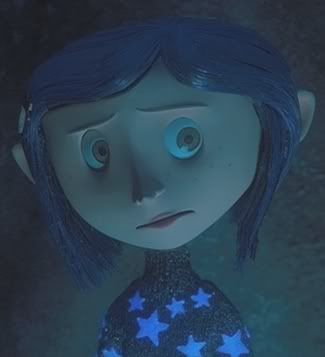For a very long time I have held what might be termed the Special Theory of Media Incompetence, which is: The mainstream newsmedia is spectacularly incompetent when reporting stories concerning religion, morality, etc.
For example, consider the following four-sentence story from the Associated Press that appeared yesterday:
WASHINGTON (AP) – President Barack Obama says human cloning is "dangerous, profoundly wrong" and has no place in society.
Obama made the comments as he was signing an executive order that will allow federal spending on embryonic stem cell research.
Some critics say the research can lead to human cloning. Obama said the government will develop strict guidelines for the research because misuse or abuse is unacceptable.
He said he would ensure that the government never opens the door to the use of cloning for human reproduction [SOURCE].
First, there is the second sentence (green quote) flat-out factual error that the new executive order "will allow federal spending on embryonic stem cell research."
WRONG!
President Bush's previous executive order already allowed the spending of tax-payers' money on ESCR.
What is new is that President Obama's executive order will allow the spending of tax-payers' money on the fresh killing of new babies, as opposed to researching cell lines derived from embryos that had already been killed in the past.
So this is just ignorant reporting by a mainstream media hack.
It would also be easy to be distracted by the reported claim (blue quote) that the president believes human cloning to be "dangerous" and "profoundingly wrong" and ask, "Why on earth would he believe that? If you're willing to munch up babies to get at their stem cells–or even just because they're inconvenient to their mothers–if you're willing to treat human life so cavalierly in the interests of science and expediency–then on what possible ground do you view human cloning as wrong?
Surely such language would be simply that of political expediency rather than an actual moral conviction.
But let's look closer at what actually is being said here.
Is the president really say that he views human cloning as dangerous and profoundly wrong, as the first sentence of the story indicates?
If he did, it would seem there is a significant caveat, because the fourth sentence (red quote) speaks of him restricting the practice of reproductive human cloning (i.e., allowing a cloned human to surv
ive to maturity instead of being killed while still at a gestational stage).
Any way you look at this story, there is a problem.
If the president only said he opposes reproductive cloning but was just fine with human cloning for purposes of experimenting on the unborn then the reporter is at fault for not making this clear. His lede made it sound like the president was opposed to all cloning, and that's not the case.
Also, if the president was explicit in his support of research cloning then the reporter is doubly at fault for making it sound as if the the president is opposed to all cloning when in fact he was explicit about supporting some cloning.
Perhaps the reporter doesn't understand the difference between these two uses of human cloning, or perhaps the reporter was biased, or perhaps both.
Any way you go, I don't know–from the story–what the president actually said or didn't say or what his position on all this actually is (not from the story, mind you).
(I also have no clue why, if the president thinks that it's okay to make babies in petri dishes and that it's okay to genetically screen the ones allowed to come to term–as I assume from other sources that he does–then on what moral grounds would he judge it immoral, the technical problems having been worked out, to use artificial means to produce a genetic twin of an adult and thus deny him the younger twin brother he always wanted to have–but that's another issue.)
So here we have a clear case of mainstream media incompetency dealing with something in the religion/morals area, so . . . a piece of confirmation for the Special Theory of Media Incompetency that I've held for a very long time.
But in recent years, the more I've watched the media work and the more I've been interviewed by it, I've developed a sequel to the Special Theory of Media Incompetence.
I call it the General Theory of Media Incompetence.
It is as follows: The mainstream news media is spectacularly incompetent at reporting stories on virtually any subject.
I just happen to particularly notice its incompetence on the religion/morality ones, because that's my area of expertise.
(Note that I sayd "virtually" any subject. I'm prepared to say that there may be a few exceptions like sports scores or the current average of the sock market–simple, quantifiable things.The kind of thing a chimpanzee could report on by simply looking at a number on a screen and typing that same number a keyboard.)



